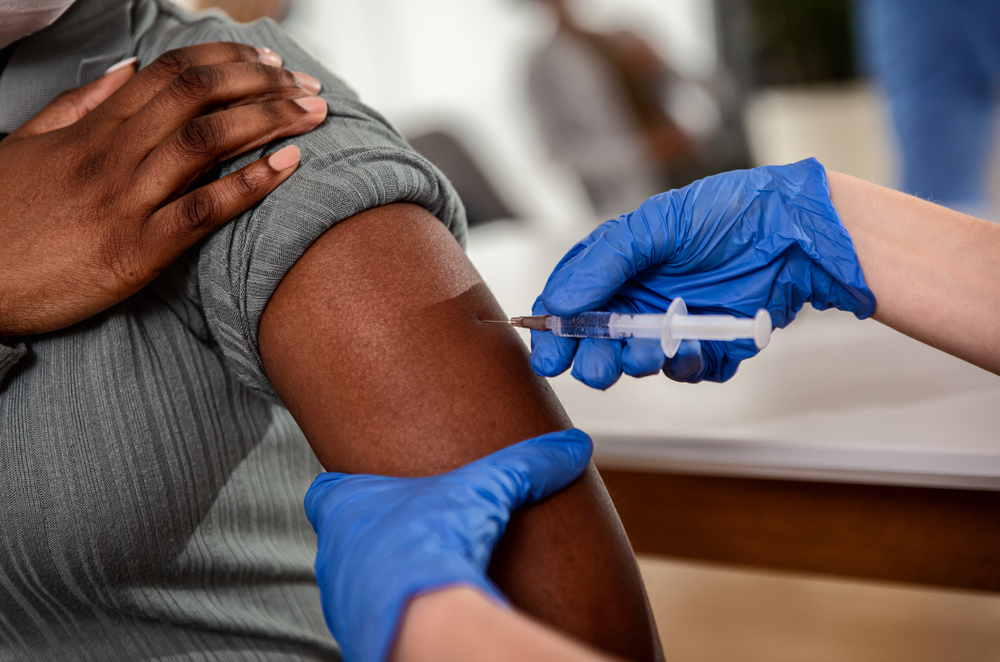Ethnicity and COVID-19: investigating the determinants of excess risk
4 May 2022 | Author: Professor Kamlesh Khunti
Early on in the pandemic, reports started emerging that ethnic minority groups were at greater risk of COVID-19. This project looked at data from healthcare records and linked it to national Census data and specific COVID-19 outcome data on hospitalisations and deaths to understand why.

This funded research project aimed to find out why ethnic minority groups may be at a greater risk of getting complications (becoming sicker), or dying from COVID-19. To do this, we compared information about all people in large national datasets holding healthcare records and census information (mortality information), and we linked these data to COVID-19 outcome data (whether people who had COVID-19 had been in hospital or died). We wanted to find out if inequality and differences in health status, lifestyle behaviours, such as obesity and smoking, and the living conditions, such as living in areas that are deprived and/or have high levels of air pollution, and overall deprivation risk lead to increased risk.
Our patient and public involvement and engagement strategy was developed and delivered with the help of the University of Leicester Centre for Ethnic Health Research. Patient and public involvement informed our research questions and we learned through a series of focus groups what were key issues that mattered to different communities. We used this information to focus our research and identify recommendations for improving health amongst the members of ethnic minority communities. We are continuing to work with the Centre to create suitable ways to share the findings of our research with the communities.
During the course of our research we have produced these findings:
- The higher risk of being sicker or dying from COVID-19 in those of Black ethnic city was less during the second wave of COVID 19 (September 2020-April 2021) but that the high risk in some South Asian communities remained and seemed worse during the second wave.
- Although all people who are obese have a higher risk of becoming sicker or dying from COVID-19, this risk was much stronger for people from ethnic minority communities, particularly in South Asian and Black populations.
- Although all people who were admitted to hospital because of COVID-19 were at risk of more health problems occurring while in hospital, compared to those from White ethnicities, South Asians were more likely to get heart and kidney damage and people from Black ethnic group were more likely to have heart attacks or get blood clots or kidney damage.
- Who had a COVID-19 vaccine was related more to ethnic background and religion than to other factors such as income, age, education, job, neighbourhood.
- The rate of COVID-19 vaccination was lowest in people of Black ethnicity for all ages and over time the gap between vaccination rates in black and white ethnicities increased further.
- The rate of COVID-19 vaccination was consistently lowest in those of Muslim religion compared to other religious groups.
Our research shows that it is essential to engage ethnic minority communities and religious groups when planning meaningful ways prevent such disparities in possible future pandemic including tacking obesity and increasing the rates of vaccination.



